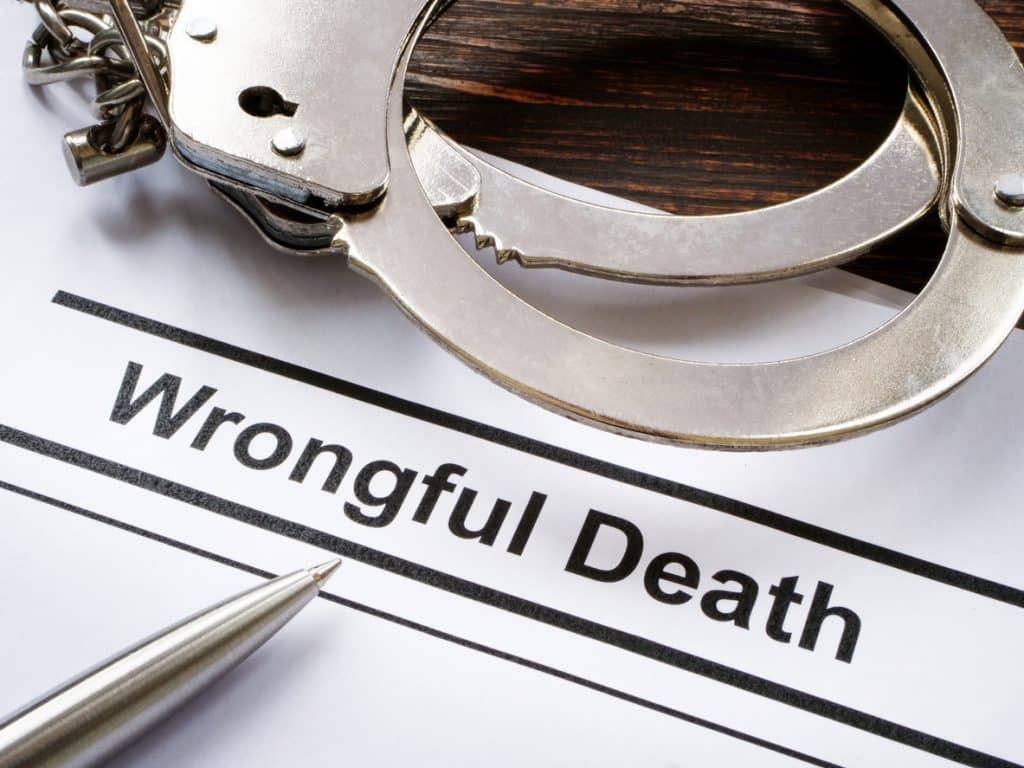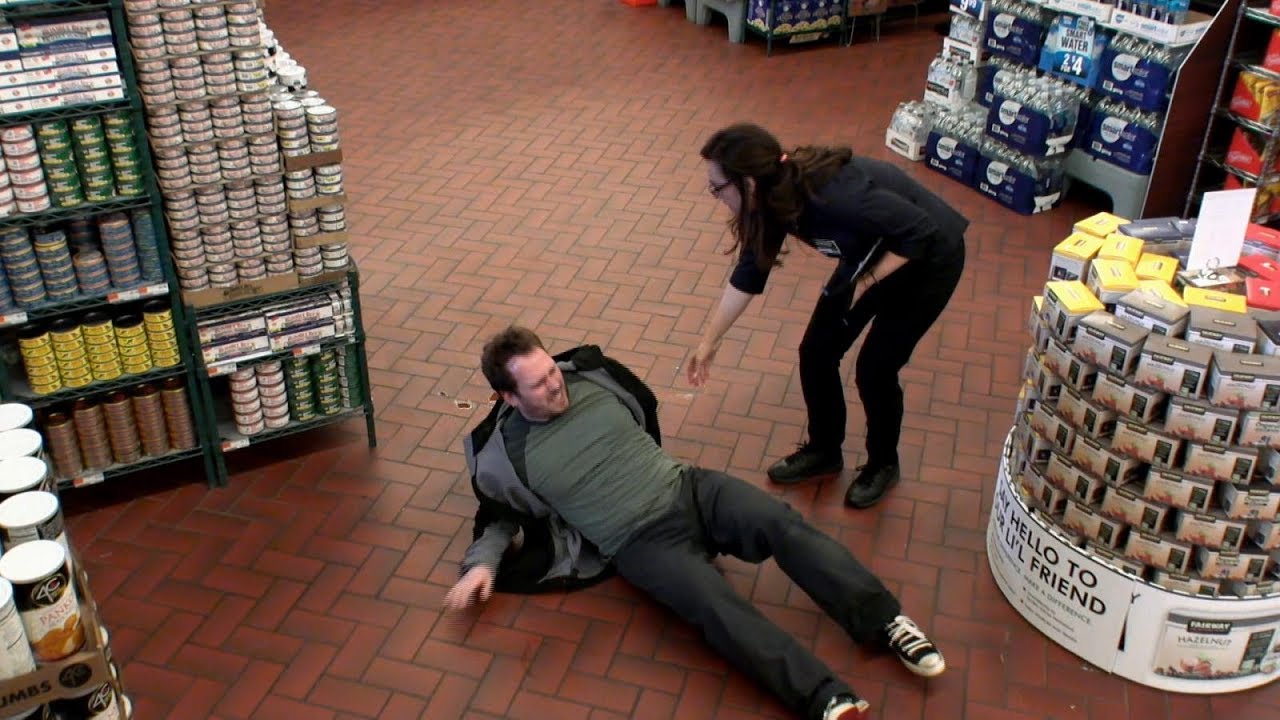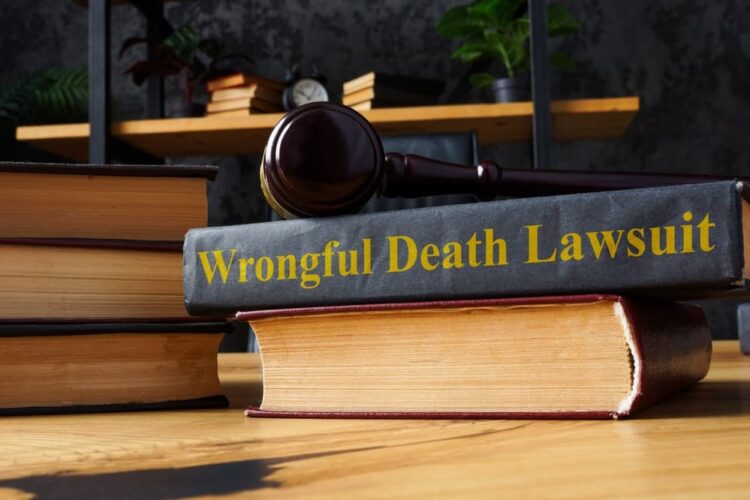Vaccines and many treatments and diagnostic tests related to COVID-19 hold a unique space in personal injury law. The liability protections afforded to drug manufacturers for vaccines have been in place since the late ‘80s. COVID-19 diagnostics, treatments, devices and vaccines receive similar liability protections through a PREP Act declaration.
That doesn’t mean people who suffer adverse reactions to vaccines have no legal recourse to pursue compensation for their damages.
Instead of filing a claim against the drug manufacturer, you would need to petition the National Vaccine Injury Compensation Program (VICP) or, in the case of negative reactions to the COVID-19 vaccine reactions, the Countermeasures Injury Compensation Program (CICP).
Are Drug Manufacturers Who Make Vaccines Immune from Liability?
Not entirely – at least not in every case. According to federal law:
No vaccine manufacturer shall be liable in a civil action for damages arising from a vaccine-related injury or death associated with the administration of a vaccine after October 1, 1988, if the injury or death resulted from side effects that were unavoidable even though the vaccine was properly prepared and was accompanied by proper directions and warnings.
What that essentially means is you cannot sue the vaccine company if there was technically nothing wrong with the vaccine and you just happened to be allergic to it.
However, if the vaccine manufacturer failed to exercise an appropriate standard of care when making the vaccine or packaging the vaccine – or there was some error in the warnings or directions supplied with the vaccine – the manufacturer could still be liable for injuries.
A doctor, pharmacist, nurse practitioner or another medical professional administering the vaccine could also be liable if they make a mistake that results in an injury. For example, if you received an excess dose of the COVID-19 vaccine and suffered severe side effects as a result, the person administering the dose, not the manufacturer, would potentially be liable.
Why Do Vaccine Makers Have Liability Protection?
The United States government has ample evidence that vaccines are a huge net benefit for the nation’s citizens. The Federal Government wants to encourage drug manufacturers to make good vaccines in large quantities. Vaccine manufacturers would be deterred from making vaccines if they were constantly at risk for large liability lawsuits.
Are Negative Reactions to Vaccines That Common?
Although allergic reactions to vaccines are rare, they can and do occur. As of the end of August 2021 nearly 205 million people in the United States have received at least one dose of a COVID-19 vaccine. Some of the documented serious side effects have included things like:
- Anaphylaxis (a severe allergic reaction): two to five people per million vaccinated
- Thrombosis with thrombocytopenia syndrome: 44 confirmed reports out of 14 million J&J doses and two cases from Moderna vaccines
- Guillain-Barré Syndrome (GBS): 167 preliminary reports out of 14 million J&J doses
- Myocarditis and pericarditis: 1,339 reported (778 confirmed) after mRNA COVID-19 vaccines (Pfizer-BioNTech or Moderna)
All of those cases combined account for a miniscule percentage of people who received one of the three vaccines.
Many of those reports are still under investigation by the CDC and FDA to definitively prove a causal link between the vaccines and the illnesses.
It’s possible someone could have already had GBS, myocarditis or pericarditis prior to receiving the vaccine, or they might have only been diagnosed after receiving the vaccine. When there are literally hundreds of millions of people receiving these vaccines, it’s necessary to rule out correlations that might just be coincidences.
All that being said – many people who suffered these side effects may need and legally deserve compensation to deal with their increased medical costs. COVID-19 vaccine recipients in these situations should petition the CICP.
What Does the CICP Cover?
If you have a legitimate CICP claim related to a COVID-19 vaccine or product, you could be eligible to receive compensation for:
- Medical expenses
- Lost wages
- Survivor death benefits
It’s important to note the CICP does not cover all the potential damages you might be eligible to receive in a dangerous product or medical malpractice lawsuit. For example, you wouldn’t be eligible to receive punitive damages or pain and suffering damages.
What Other Products Receive Liability Protection From the PREP Act and CICP?
You can view the full list of covered countermeasures here. The coverage extends to anything designed to prevent, diagnose or treat COVID-19, including:
- Antivirals
- Drugs
- Diagnostics
- Respiratory protective devices
- Vaccines
However, counterfeit or unapproved products don’t receive the same protection. It must be a “qualified pandemic or epidemic product” that meets the certification requirements of:
- The PREP Act
- FDA
- Public Health Service Act
- Respiratory protective devices approved by National Institute for Occupational Safety and Health (NIOSH)
That means a company that’s making knock-off hand sanitizer isn’t protected by the PREP Act declaration. If you or a loved one are sickened by or suffer a negative reaction to products that don’t receive PREP Act protection, you should speak with a personal injury lawyer.
How Do You File for CICP Benefits?
You can find the steps for filing a CICP claim on the Health Resources & Services Administration website.
You will need to fill out and submit a Request Package. If the CICP medical staff determine you have an eligible covered injury, you’ll be asked to provide additional documentation so they can determine how much compensation you’re entitled to receive. If your initial claim petition is denied you may be able to appeal the decision.
You are allowed to contact an attorney for assistance with your CICP claim. If you’re confused about the process or believe your claim is being wrongfully denied, the team at Edwards is here for you.
Call us at 404-526-8866 for a free consultation if you believe you have suffered a vaccine injury in Atlanta.






